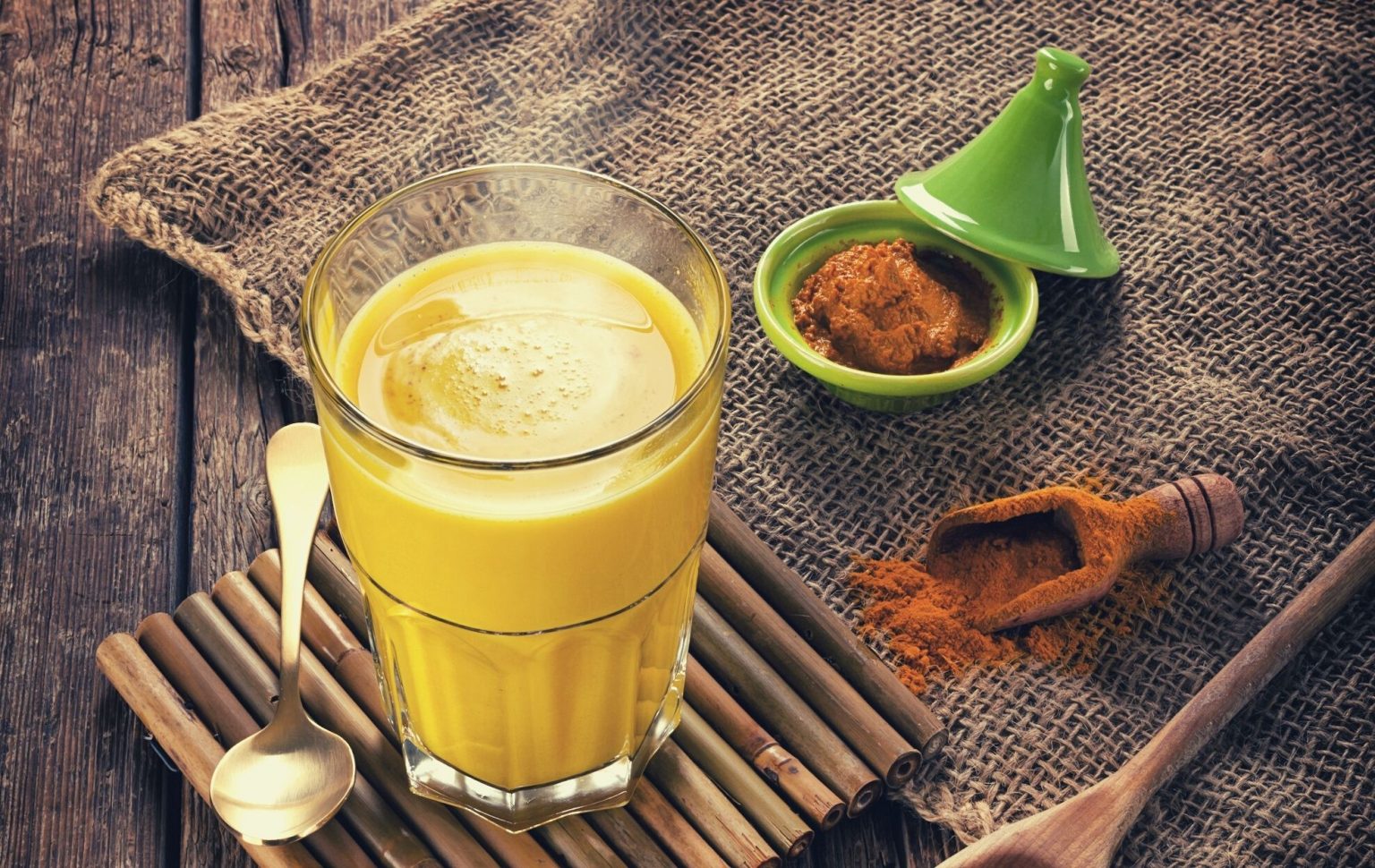Can you biohack your sleep? Will it help beat insomnia? My experience is a resounding YES! There is nothing worse than suffering from insomnia, having poor sleep, and waking up feeling exhausted! Life is hard enough without dragging yourself out of bed and reaching for coffee to survive.
Anyone who has ever had sleep problems or suffered from jet lag knows how debilitating poor sleep can be. Whether it is difficulty trying to fall asleep, broken sleep or waking up after a reasonable length of sleep still feeling exhausted, all can negatively affect your quality of life.
Since we spend about a third of our lives sleeping, we must get this right so that the time we spend awake is as joyful and satisfying as possible.
How Insomnia & Sleep Disorder Impacts Life Quality
A study carried out by Dr Francesco Cappuccio and colleagues from the University of Warwick and the University of Naples Medical School reported that subjects who regularly slept less than 6 hours a night had an increased risk of death by 12%.
Free Radical Detox In Your Sleep
Your sleeping hours are when your body will detox and repair from the day you’ve just had. Sleep has a direct impact on our physical and emotional health. Even if you are super healthy, you will still produce internal pollution, called free radicals, from the standard conversion of food into usable energy.
It is like the natural phenomenon of burning a log of wood. The burning generates heat, but the process also generates smoke as a byproduct.
For those of us who don’t live perfect lives and occasionally don’t drink enough water, drink too much coffee, miss the gym or give in to order takeaway… This will produce more free radicals than others.
Balance Goodness & Toxins
The intelligent way to live is to always look for the balance of goodness in vs toxins out. Look at your life and see how much you invest in your ‘health account’ and how depreciate your health assets by habits and actions that are detrimental to your health.
The Science of Sleep, Insomnia & Sleep Disorder
Scientifically, this equates to your free radical levels vs. your anti-oxidant levels. Sleep allows the body to restore a balance of power in favour of the anti-oxidants, so you wake up each morning in the optimum balance.
According to Traditional Chinese Medicine (TCM), the body has a 24-hour body energy clock, so each organ has its regeneration time and receives vital energy. In Western medicine, this is called the body’s circadian rhythms.
Your Broken Sleep Pattern On Repeat
This is the reason why I ask patients who have broken sleep to try to make a note of the times they usually wake up in the night. More often than not, they wake up at the same time every night, which usually relates to the organ trying to regenerate.
For example, if you wake up between 1 and 3 am, it is usually your liver; if it is between 3 and 5 am, it is usually your lungs. This doesn’t mean you are heading for liver or lung failure; it simply means that these organs need more attention and may require more nutrition to detox, repair or nourish.
These organs in TCM also relate to specific emotions, which I will expand on later.
Sleep To Strengthen Your Immune System
Research suggests that sleeping more when fighting infectious illness aids recovery in addition to helping you resist infection in the first place. White blood cells are produced during sleep, and TNF (Tumour Necrosis Factor), a cancer killer, is released as we sleep, which has tremendous healing benefits for our immune system.
Research has shown that people who stayed up past 2-3 am had one-third fewer cells containing TNF the next day and that the effectiveness of those remaining was significantly reduced.
Active Sleep Cycles
Even though we may look like we are having a peaceful night’s sleep, our brains remain very active. A typical night’s sleep comprises five cycles lasting about 80-90 minutes.
Each cycle's first four stages are considered quiet sleep or non-rapid eye movement (NREM). The final stage is denoted by rapid eye movement (REM). Even though we may change our sleep position 30-40 times per night, our muscles remain relaxed, so they have a chance to repair.
Our resting heart rate also drops to around 10 -15 beats per minute, compared to around 60-80 bpm during the day. This allows the blood pressure to drop, widening the blood vessels to increase blood flow to all body areas. Our blood is often referred to as the ‘river of life’; if we nourish it properly, the body can heal itself of anything.

My Top Ten Sleep Biohack's
I’ve been bio hacking my sleep wellness pillar over the last 3 months, which has profoundly impacted my life. I already felt good, but now I feel euphoric (at 51). Even now, as I type it is 7.15 pm, and I already have my blue blocker glasses on. I wear these for 3 hours before I want to sleep to calm my nervous system and promote deep restorative sleep.
Here are my top 10 biohack’s to improve your sleep and beat insomnia. I use them every day to optimise my sleep.
1. Sleep Enhancing Food & Drink
Pay attention to what you eat and drink 2-3 hours before bed. Loading up on caffeine, sugar or any high-GI foods or drinks will stimulate the body and reduce sleep quality. Protein is the best before you sleep, so if you need a snack, choose protein-rich foods like organic/vegan yoghurt, hummus, and nuts/seeds. In particular, walnuts, pistachios, fish and turkey support your sleep.
2. Bedtime Brain-Dump Note Pad
I encourage all my clients who struggle to fall asleep to leave a notebook beside their bed. Draw a line down the middle, and at the top of one side, write ‘Things I can change’, and on the top of the other side, write ‘Things I can’t change’.
This is an effective exercise to rest your brain and ensure the thoughts can be explored later. This will prevent you from spending hours lying awake at night, meditating on things totally out of your control! Get busy with the things you can change and let the things you can’t change go. Trust all will be fine. What do you have to lose?
3. Introduce Sleep-Enhancing Herbs
Over the years, I have found that herbs like valerian, chamomile and hops work brilliantly to reset your body clock and help you sleep faster and stay asleep longer. These herbs in the form of tea work best as it is warm and soothing.
Try our Rejuv Moon Milk recipe for a warm drink to prepare for going to bed. I also recommend our Bedtime Blend Capsules if you want to reach a new level of deep sleep.
4. Include Physical Activity Into Your Daily Routine
Regular physical activity can promote better sleep, helping you to fall asleep faster and to enjoy deeper sleep. Timing is essential, though. If you exercise too close to bedtime, you might be too energised to fall asleep. Other people feel exhausted after exercise and fall asleep quickly. Determine what time of the day works best for you. If this is an issue for you, exercise earlier in the day.
5. Use Blue Blocker Glasses
Blue blocker glasses block out blue wavelengths, preventing blue light from entering your eyes. Without blue light, the ipRGCs in your retina aren't activated to produce Melanopsin. Your body then produces sufficient melatonin to help boost your body’s ability to get deep, healing sleep.
We dim the lights from 6 pm and wear blue blocker glasses. It’s a little funny around the dinner table each night, but it works. If I’m doing evening deadlines, sometimes I have to take my glasses off for a little bit for I’m starting to fall asleep.
6. Get The Temperature & Mood Right
A room that is too hot or cold will affect your sleep quality, so take a little time to ensure your bedroom temperature is right. Around 22 degrees is ideal as you will reach a deeper sleep if the room is on the cooler side. This is also why alcohol, before you sleep, is not suitable as it causes rises in your basal temperature.
Organic lavender pillow sprays will also help induce sleep. Using an eye mask will also help your body naturally produce more melatonin.
7. Invest In Your Bed, Pillow & Shoes For Spinal Health
You would be surprised how many people sleep on the wrong mattresses and pillows. My husband, who specialises in backs and necks, always tells his patients they must spend money on a good mattress, pillow and shoes!
Everyone’s spinal curvature is unique and affects you from the skull base to your tailbone. This is why investing in a good mattress, pillow and shoes equals an investment in your health. The bed you sleep on significantly impacts your sleep quality and, therefore, your health and wellbeing.
8. Live In The Present
Be mindful to stay in the present, today, and out of yesterday or tomorrow. Overthinking, worry and stress will leave you in fight or flight mode and make it hard to tune out and have a good restful sleep.
If you struggle with being present, you can get helpful hints in this Mindfulness, Stress & Happiness blog. I also use an Oura ring to monitor my sleep and stress levels and give insights into which biohacks work for me.
9. Biohack Your Sleep With Tech
I love the Therasage Red Light Tech Thero Pro PEMF Mat* to help calm your nervous system. I do a 30-minute program each night on level 1 or 3 to support sleep. Nose breathing is also vital for good sleep, so before you rush out to buy a sleep mask, try a strip of surgical tape over your mouth to train yourself back into nose breathing to boost your nitric oxide and deep sleep.
* Use the discount code REJUV to get a 10% discount from Therasage
10. No Drinking 120 Minuted Before Bed
Avoid large amounts of water 2 hours before bed. You will be surprised how many people forget to drink during the day, play catch up at night and then have broken sleep because they need to pee. Mixing up a jug of our Rejuv Wellness Water in the morning is excellent as it reminds you to drink all of it during the day.
Sleep Is One Of Seven Wellness Pillars
Sleep is only one of your Seven Pillars of Wellness. If you want to reinvent your health, we always suggest reviewing each to determine which pillars require the most attention in the short term to establish long-term health and wellbeing.
This can be done in one of our consultations, but you can also build your free Wellness Profile by investing five minutes in our free quiz for a quick assessment.
Review Your Seven Pillars of Wellness
The quiz is based on the Seven Pillars of Wellness and takes about five minutes to complete. It has been designed to build your personal one-page Wellness Profile with recommendations of habits to start (or quit) and supplements to strengthen your weakest pillars of wellness.








